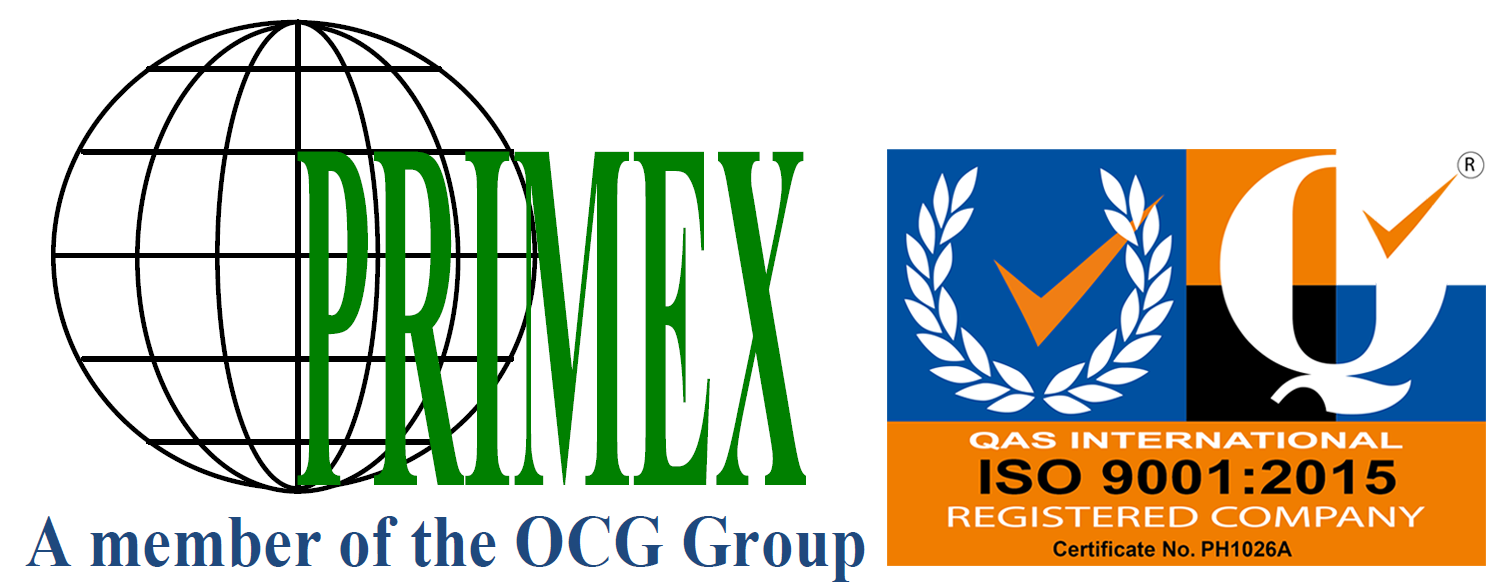Name of Client:
Asian Development Bank (ADB)
Country:
Regional
Length of Consultancy Assignment:
Start Date: 13 July 2020
Completion Date: 28 February 2021
Detailed Narrative Description of Project:
This assignment aimed to support the development of knowledge products (KPs) of various formats to support the internal and external dissemination of information and key messages on ADB's efforts in promoting fecal sludge management (FSM) and on-site sanitation solutions. This is consistent with the effort to promote and mainstream the concept of Citywide Inclusive Sanitation (CWIS) in ADB operations.
The knowledge and support technical assistance (TA) aimed to strengthen the design and implementation of CWIS solutions in developing member countries (DMCs) of the Asian Development Bank (ADB). The TA aimed to provide targeted support to facilitate investments in CWIS with the aim of increasing access to adequate and inclusive sanitation systems – whether sewered or non-sewered, centralized or decentralized – where human waste is safely managed along the whole sanitation service chain. The TA is in line with Sustainable Development Goal (SDG) 6.2 of achieving access to adequate and equitable sanitation solutions with special attention to the needs of women and girls and those in vulnerable situations. To achieve the SDG 6.2 targets, it is necessary to adopt new approaches and to apply alternatives. sanitation concepts. The CWIS concept aimed to provide equitable and inclusive sanitation services that address the realities found in developing countries. The TA aimed to help ADB to increase its efforts to facilitate awareness and knowledge sharing of the CWIS concept among stakeholders. Since 2013, the Sanitation Financing Partnership Trust Fund (SFPF), funded by the Bill and Melinda Gates Foundation, has been supporting the promotion of non-networked sanitation, recognizing how traditional investments are biased toward sewer systems.
PRIMEX fielded a Knowledge Product Development Specialist to review and develop at least five KPs in various formats (e.g. research briefs, case studies, guides, blogs or articles, infographics, short videos, multimedia page, etc.) that showcase ADB's works on CWIS and Faecal Sludge Management in different DMCs. These KPs should appropriately highlight the varied approaches employed by ADB and various key success factors critical in developing and implementing FSM and inclusive sanitation projects that will influence the sanitation landscape in the DMCs.
The Specialist conducted: (i) research and select possible channels and formats (research briefs, policy briefs, case studies, blogs, vlogs, etc.) to disseminate at least five (5) existing knowledge products. Best practice examples from other organizations and development partners should be considered. The selected knowledge product formats should support and further improve existing KPs to maximize learning; (ii) develop a KP development and dissemination plan which includes timelines and key messages of each KP. The dissemination plan should include various communication platforms and channels such as newsletters, blogs, blue bags, social media, and others (e.g., adb.org, Development Asia, LinkedIn, etc.), to ensure effectivity and efficiency in delivering the key messages; (iii) review, rewrite and repackage at least five (5) existing KPs on CWIS, Faecal Sludge Management, Water Governance, and other Case Studies related to sanitation and fecal sludge management with the goal to make them easily understandable and easy to use for dissemination. All KPs have to be compliant with ADB standards and cleared through proper ADB publication processes; and (iv) write a blog with the goal of marketing the KPs.
